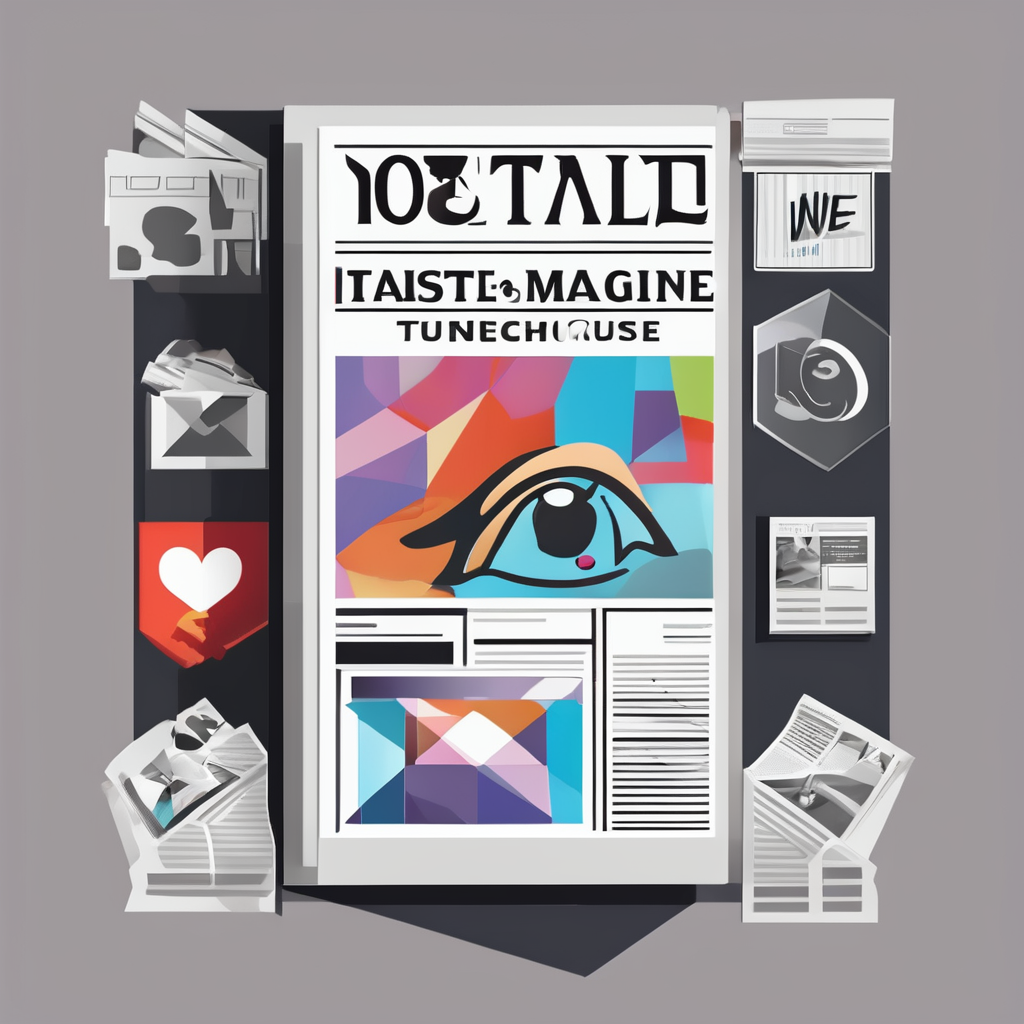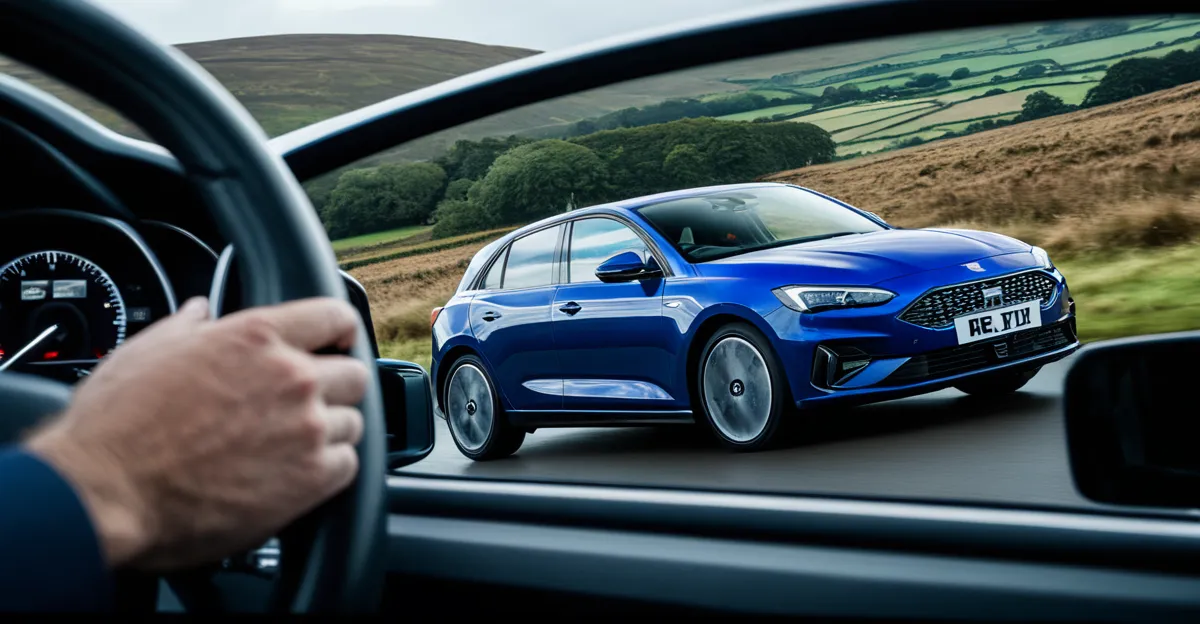Key Brexit Challenges Facing the UK Automotive Sector
Brexit has brought significant challenges for the UK automotive industry, particularly around automotive tariffs and trade agreements. With the end of seamless EU trade, tariffs introduced affect the cost-effectiveness of exports and imports. These tariffs create additional financial burdens, often passed on to consumers or absorbed by manufacturers, impacting profitability.
One of the most critical issues is supply chain disruption. The UK automotive sector depends heavily on cross-border sourcing of components. Post-Brexit border checks and customs procedures have led to delays and increased costs. Just-in-time manufacturing faces strain as parts crucial for assembly lines encounter hold-ups, causing production inefficiencies.
Also read : How is the UK automotive sector adapting to post-Brexit regulations?
Additionally, the sector grapples with post-Brexit regulations. Divergence between UK and EU rules means UK manufacturers must navigate double compliance—adhering to UK-specific standards while also meeting EU requirements for exports. This regulatory complexity raises administrative burdens and compliance costs, challenging small and medium enterprises particularly.
In summary, the combination of tariffs, supply chain instability, and evolving regulatory demands encapsulates the major Brexit challenges for UK automotive firms, necessitating strategic responses to maintain global competitiveness.
This might interest you : How are UK car manufacturers innovating to reduce emissions?
Strategies and Adaptations by Industry Stakeholders
In response to the Brexit challenges for UK automotive, industry stakeholders have prioritized enhancing supply chain resilience and implementing effective UK automotive adaptation strategies. Automakers increasingly localize production to mitigate the impact of automotive tariffs and reduce dependence on complex, cross-border supply networks. This localization helps to buffer against delays caused by supply chain disruption and eases compliance with post-Brexit regulations.
Diversifying suppliers is another crucial adaptation. Firms are identifying alternative component sources within the UK and non-EU countries to circumvent tariff barriers and customs holdups. Such diversification lowers risks associated with reliance on limited suppliers subject to Brexit-induced uncertainty.
Investment shifts have also played a key role; automakers adjust plant operations and retrain the workforce to align with new production requirements driven by trade and regulatory changes. Collaboration between manufacturers and government policy initiatives furthers this effort, with coordinated approaches aiding in policy adjustment to support industry stability.
These combined measures reflect a strategic response to navigate the complexities of Brexit challenges for UK automotive, focusing on agility, local capacity, and coordination to sustain competitiveness amidst evolving trade and regulatory environments.




